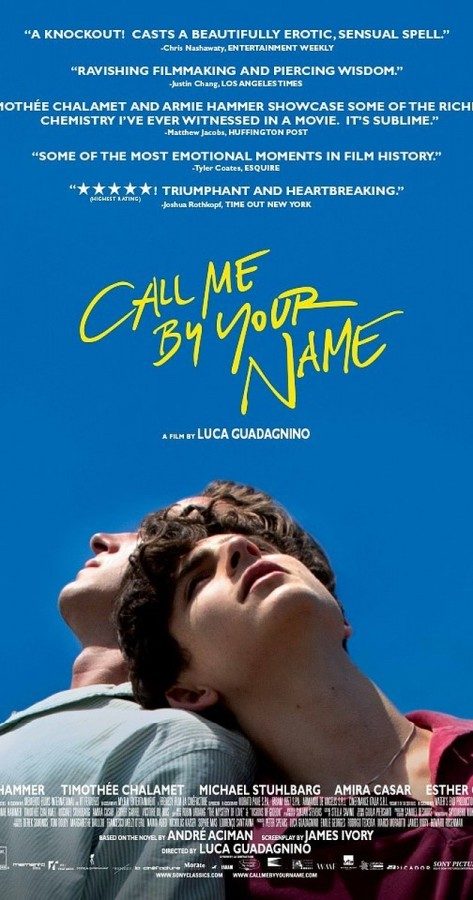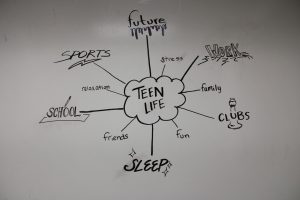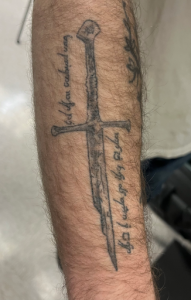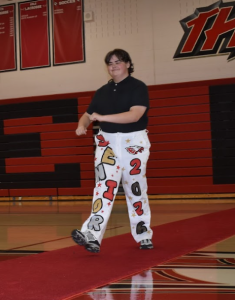LGBTQ+ Representation in Movies
February 2, 2018
Modern cinema should provoke emotion, question the ordinary, and empower those without a voice. Without these components, it is not memorable.
The recent praise of LGBTQ+ films has provided representation. Previously, gay children have grown up watching heterosexual couples on the television while our transgender neighbors have been marketed as fearful by mainstream media. In our new age of equality, this perspective is changing.
Recently, critics have positively recognized LGBTQ+ films. Call Me By Your Name, a low budget production launched from the French film festival in 2017, tells the story of two men immersed in an Italian summer.
Despite their romantic interest in each other, sexual orientation is not once pointed out throughout the film. They are simply portrayed as lovers. Since its release, box office sales have increased by millions.
Maria Dunatov, a senior who identifies as bisexual, has immense respect for the film.
“It is not a movie about a gay couple. It is a movie about experiencing life and finding love. Not gay love, but love,” she said confidently.
Dunatov continues to praise the new and expressive age of art. She finds the honest representation inspiring. She states that the portrayal of LGBTQ+ in the media “keeps you going” despite all of the negative associations. Duntov believes this helps others to understand and support their LGBTQ+ peers.
Sara Fuchsgruber, an ally and advocate, offers this exact support in regards to the topic. She is appalled by the overdone and cliche portrayal of flamboyant gay men and masculine lesbian women.
“If we’re playing towards those stereotypes, they are still very prevalent.” Fuchsgruber adds.
Alongside Dunatov and Fuchsgruber, the students of Eaglecrest are thrilled to discuss the recent exposure of LGBTQ+ media.
Sarah Jenkins, an avid member of the performing arts, speaks confidently and vibrantly.
Jenkins identifies as bisexual and non-binary and is excited for the homosexual romantic comedy “Love, Simon” to hit theaters this March.
“Showing multiple sexualities and gender identities is so important” Jenkins begins, “being mainstream means that we’re not in hiding anymore.”
Jenkins also hopes to speak for those that are oppressed in her community. She discusses how a lack of role models in adolescence can lead to immense damage. Reflecting on her personal experience, she continues.
“I told myself: ‘This is not what I see, this is not what is being portrayed, so I can’t be like this.’”
Stephanie Chamberlain, psychology teacher, spoke professionally about the negative effects of misrepresentation in media.
“When the human condition is not being portrayed, people think that they’re insane,” Chamberlain said.
The severity of this situation is close to students and teachers alike.
As Jenkins states, the celebration of a new and inclusive media is necessary.
“Some may argue that we have no right [to celebrate]; we shouldn’t be ‘shoving this in their face’, but I disagree.” Jenkins said.
“We are exhausted. We want to see ourselves in media for once.”







